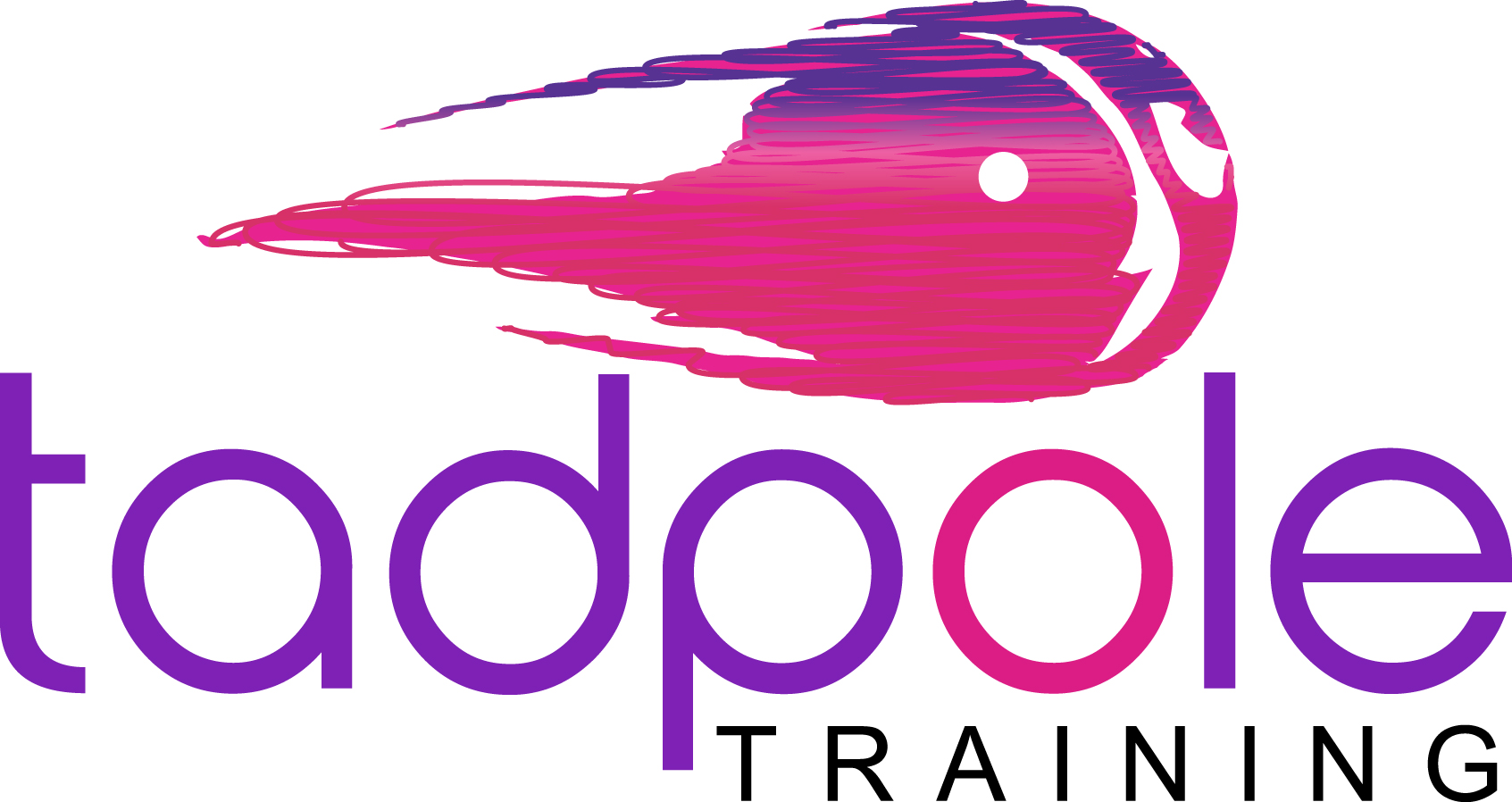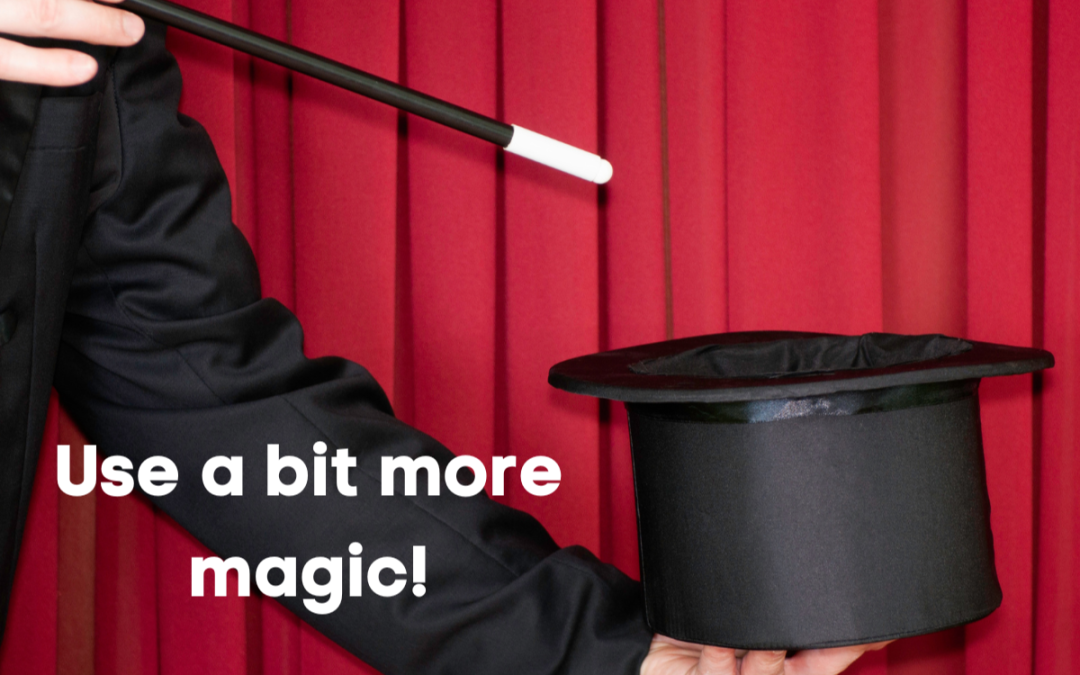Words are incredibly powerful – the words you say to your customers (and the words you hear from others) have more influence than you probably imagine. Hypnotists know this, as do NLP practitioners.
NLP stands for Neuro Linguistic Programming. “Neuro” means relating to the nervous system, “linguistic” is about language, and “programming” refers to habits. So NLP practitioners study how we can use language to programme our nervous system into more useful habits.
This practice of using language to programme new responses works because it’s how our brains work. Our brains are hard-wired to spot how two things are associated, and then use that learned association as a short-cut to help us make sense of the world and make quick decisions without having to think everything through in minute detail.
Words which NLP practitioners variously refer to as ‘power words’ or ‘magic words’ can be used to elicit certain emotions and responses that may help overcome customer objections and close the sale. This isn’t really magic of course, just that certain words trigger certain responses.
For example, to invoke positive emotions, words like believe, change, success and happy are often effective, while words such as imagine, truth, secret and expose can trigger curiosity.
So what are some great magic words?
FREE:
People love the word “free”. You can give practically anything away for free, no matter how small, and you’ll grab people’s attention. Things which are free are often more attractive than alternatives that if examined rationally would actually be better value. This is because we’ve programmed ourselves to automatically associate the word ‘free’ with ‘good’. So giving away unexpected, no strings attached, free gifts can be a powerful weapon of influence too. We don’t like feeling as though we’re in someone else’s debt, and so (if used correctly) free gifts can trigger an innate need for customers to reciprocate.
INSTANT:
More than ever in this fast-paced world, people hate to wait. The frontal-cortex of your brain is the region that fires-up when you’re making complex plans and difficult decisions, whereas your reward centre sits within your mid-brain. Several MRI studies have shown it’s our frontal cortex that’s activated when it comes to waiting for something, whereas words like “instant,” “immediately,” or even ”fast” are triggers for more rewarding mid-brain activity.
EXCLUSIVE:
Everyone wants to be in the ‘in’ crowd. When something is exclusive – only available to a select group – people want it even more. You can exchange the word exclusive for other words or phrases that mean the same thing too, and they can be just as powerful, such as members only, invitation only, first, insider.
LIMITED:
We all hate missing out
EASY:
People like an easy life, which is what makes phrases such as “easy to use” so powerful
So which of these words could you start to use?
07748 994 334
jefere@tadpoletraining.com

